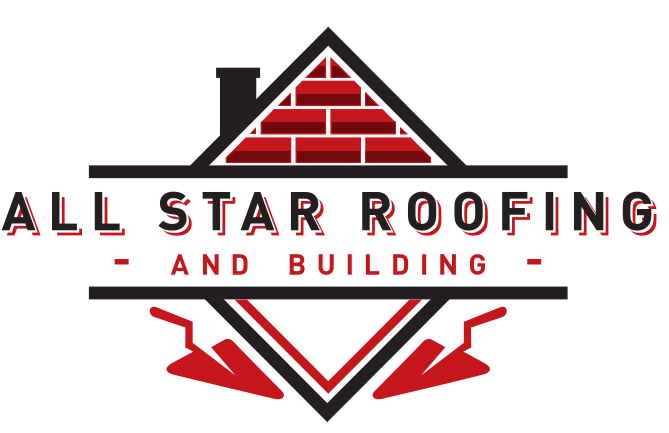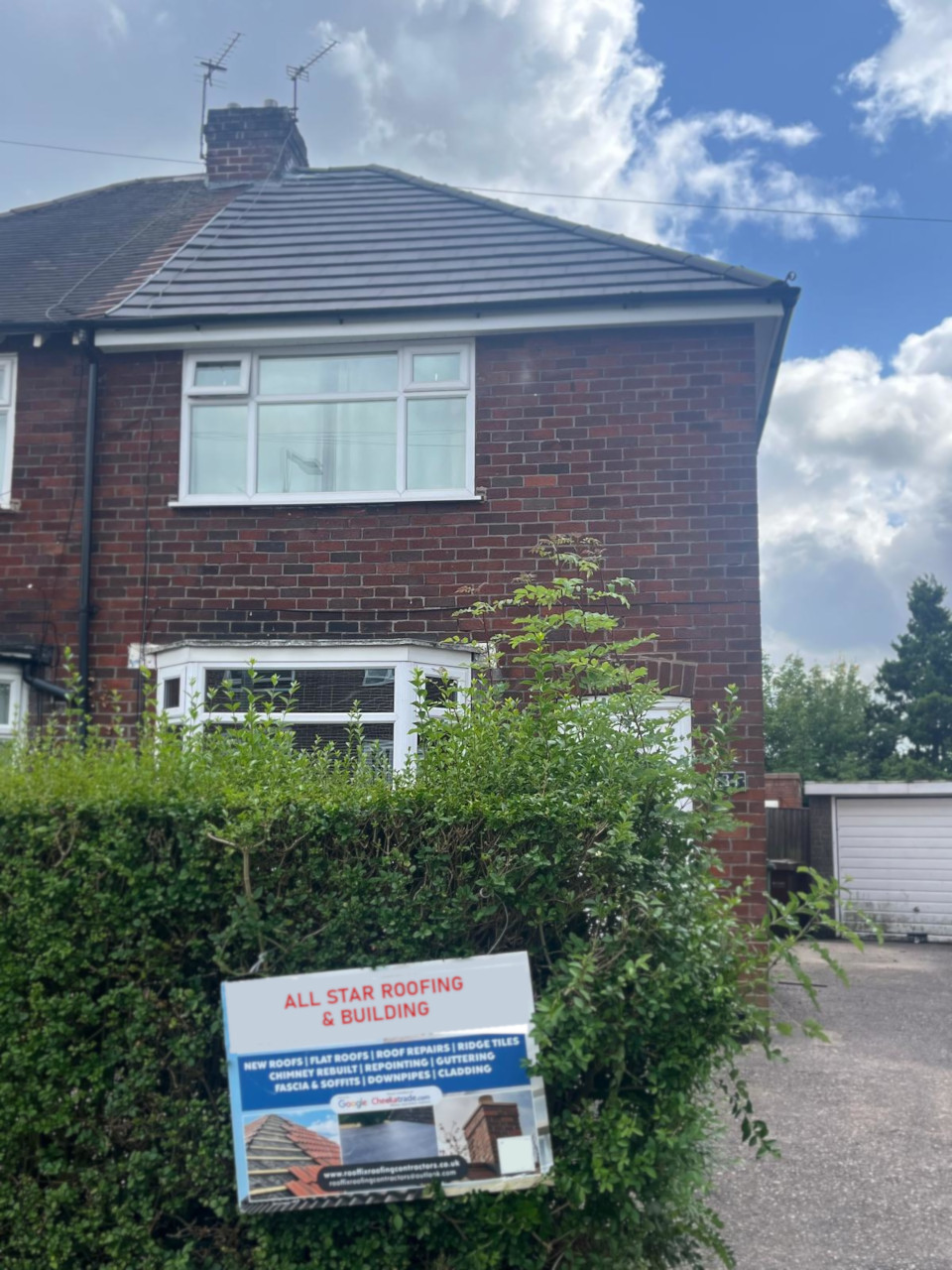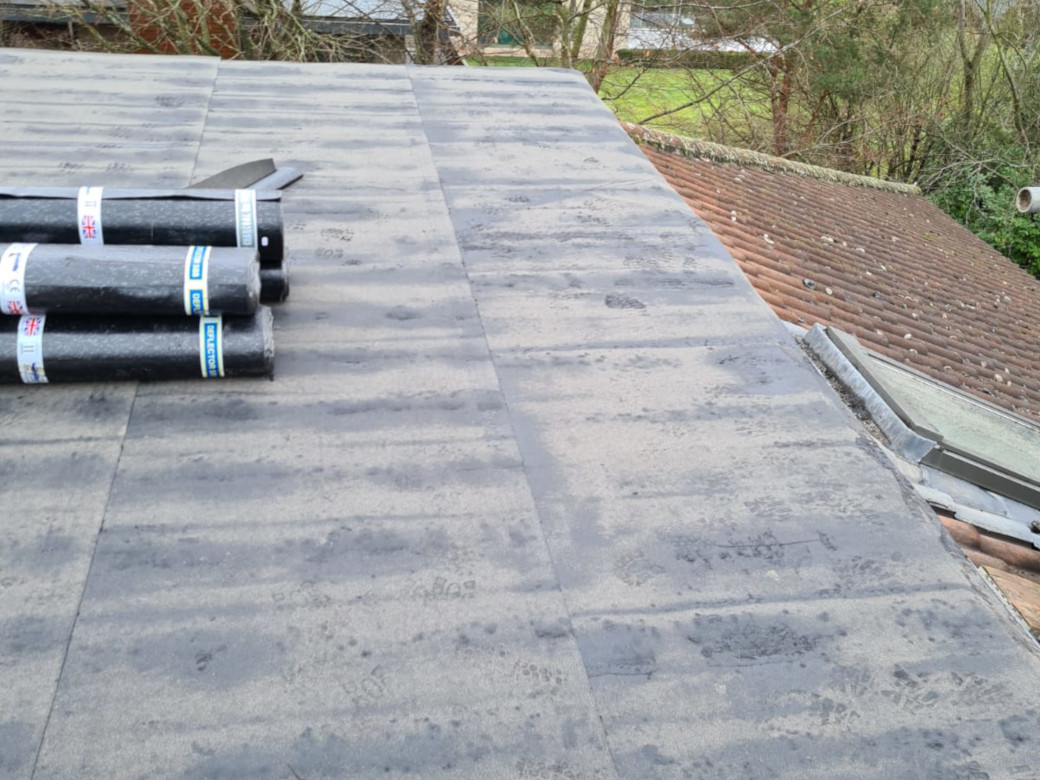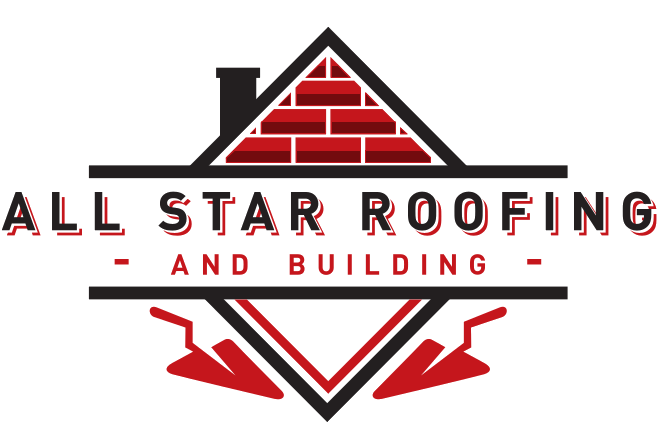Tel: 0161 327 4605
Mob: 07376 576123


Experts in all types of roofing
Based in Manchester we carry out professional repair work on all both pitched and flat roofs.
On pitched roofs we work with both slate and tile. On flat roofs we wotk with torch on felt and EPDM rubber

Tile roofs
Tile roofs tend to have a service life of about 80 years whereas a properly installed slate roof will be good for over 100 years. Tiles are the preferred covering on pitched roofs because they cost less than slates. Traditionally Welsh slate was used on nearly all houses. These days Spanish slate is often preferred because of its price advantage.
Other key components on roofs include leadwork — used as "flashings" around chimneys and in valleys where there is a change in direction of a roof such as a gable or dormer window.
Where a roof replacement abuts a neighbouring roof that is either constructed of a different material or is in quesionable condition a GRP bonding tray will be installed, as can be seen in this image. The bonding tray catches rainwater that would otherwise seep through the roof junction and diverts the water down to the gutter.

Flat roofs
Where a flat roof requires replacing, we strip off the old roof covering — usually felt — and the existing decking. If the roof has been leaking for some while the chances are the roof deck will be damaged. Providing the joists are OK, we then install new 18mm thick OSB (Oriented Strand Board) and then the roof covering.
The two most popular types of roof surfacing are torch on felt and EPDM rubber. Torch on felt can consist of either 2 or 3 layers of felt laid in a staggered joint fashion. Each layer has an underlayer of bitumen which is heated by a blow torch as the felt is rolled on to the roof.
An increasingly popular alternative is EPDM rubber which has now stood the test of time and proved to durable. On smaller extension roofs the material are wide enough so that a single sheet will ocver the whole roof without joints. uPVC edge and gutter trims are fitted at the edges of the roof.

